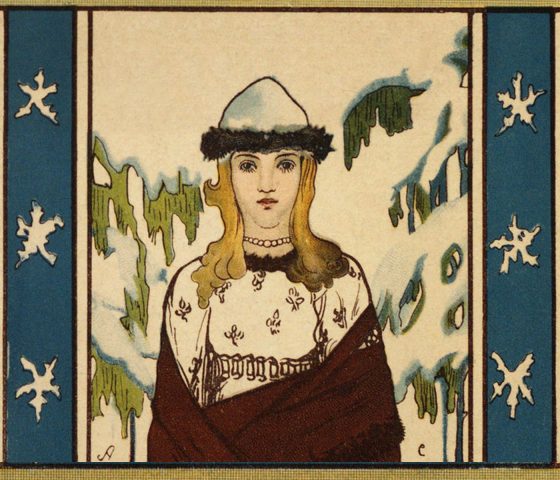
What other species of animals accumulate wealth over several generations? The other day, my husband and I were watching birds and squirrels dig around in our garden. “They are just trying to make a living,” my husband said. And it got me thinking — squirrels and birds have to find food and shelter everyday to survive. If they don’t find food, they go hungry. If they don’t find shelter, they suffer the elements and predators. Humans used to live the same day-to-day existence in our distant past. But now, we work hard to pass on the fruits of our labor to the next generation. But are there other animals that do the same? The largest known colony of ants is Linepithema humile, the Argentine ant. It has a contiguous colony from Northern Italy to South of France to the coast of the Atlantic in Spain — about 3,700 miles. It’s been around in Europe for about eighty years and is believed to have started in South America some 100 years ago. If there’s power in numbers and years, these 2 millimeter ants have it is spades. [https://www.guinnessworldrecords.com/world-records/largest-colony-of-ants] The largest colony of termites, another social insect, is over four thousand years…






